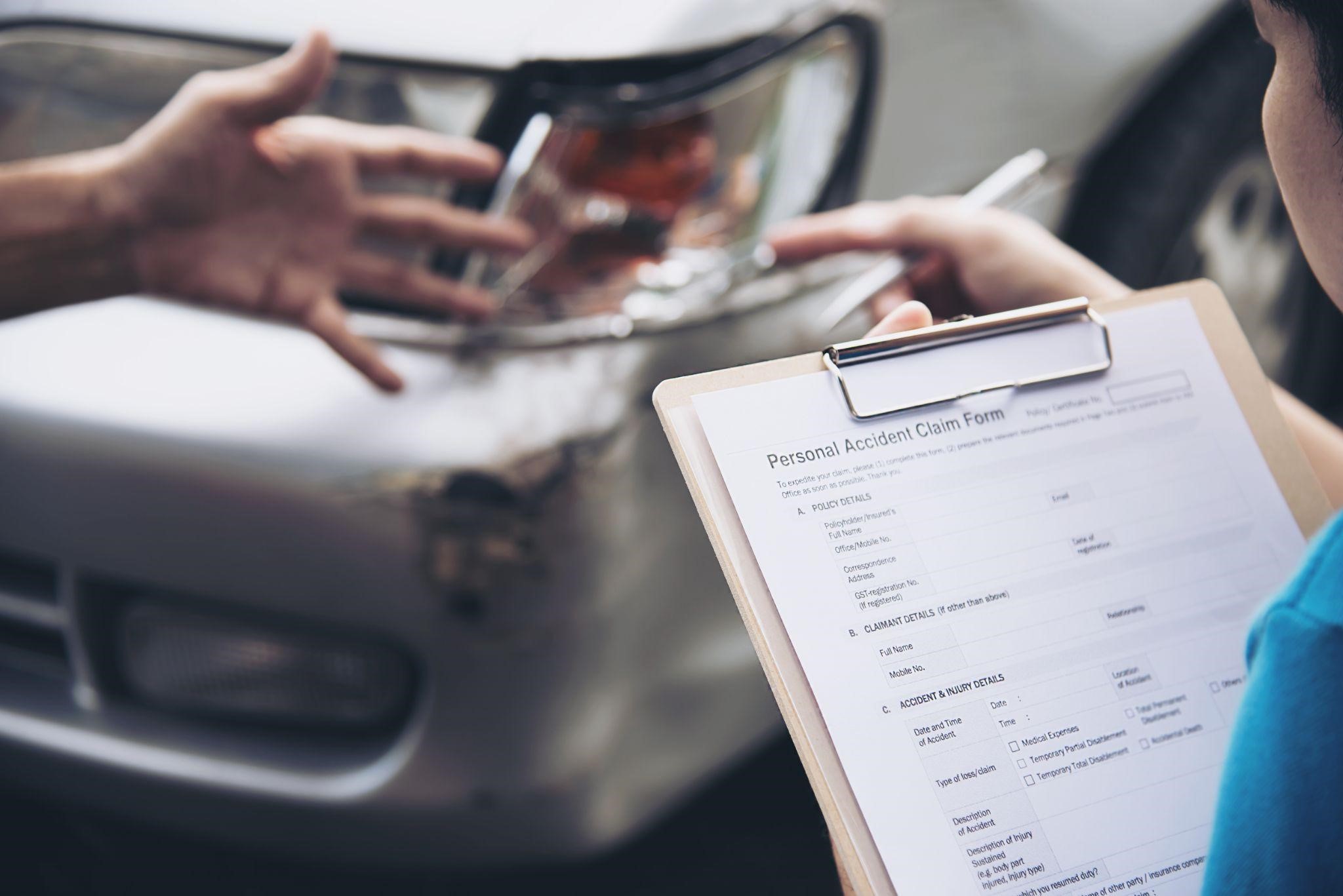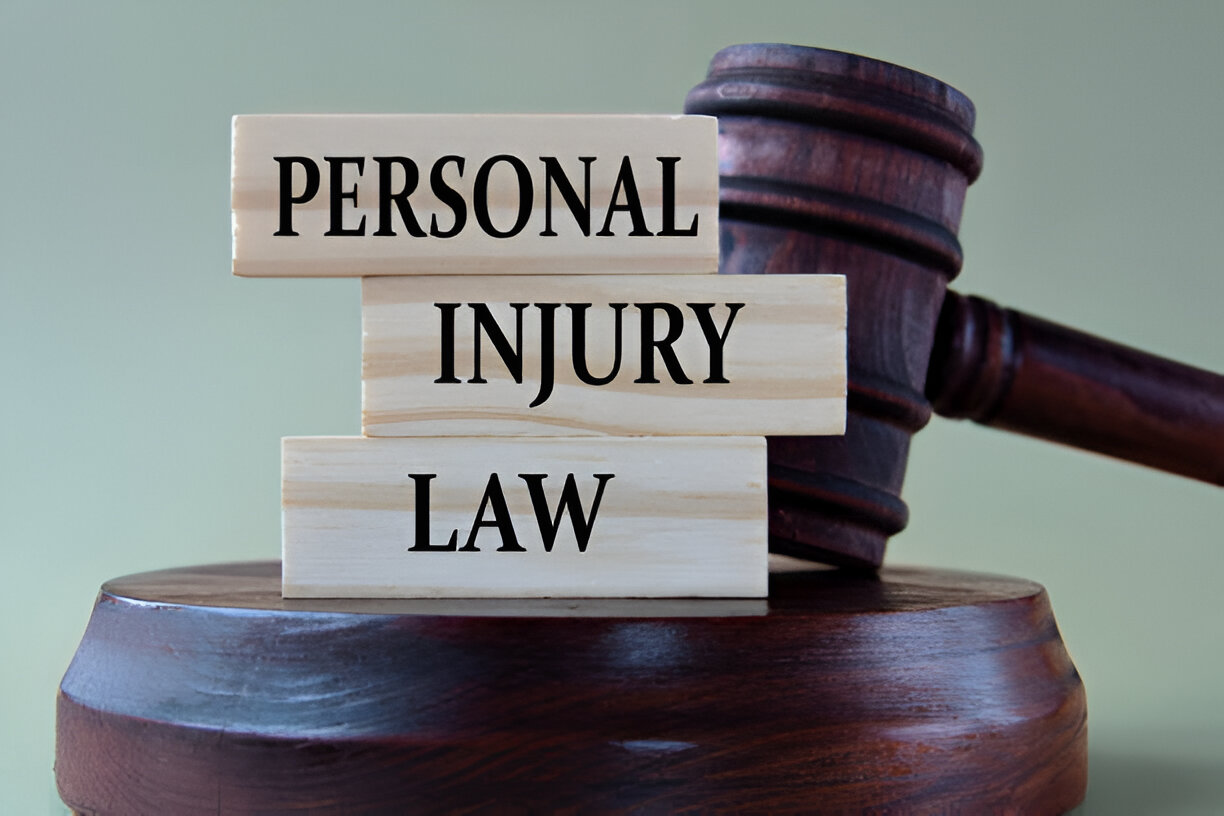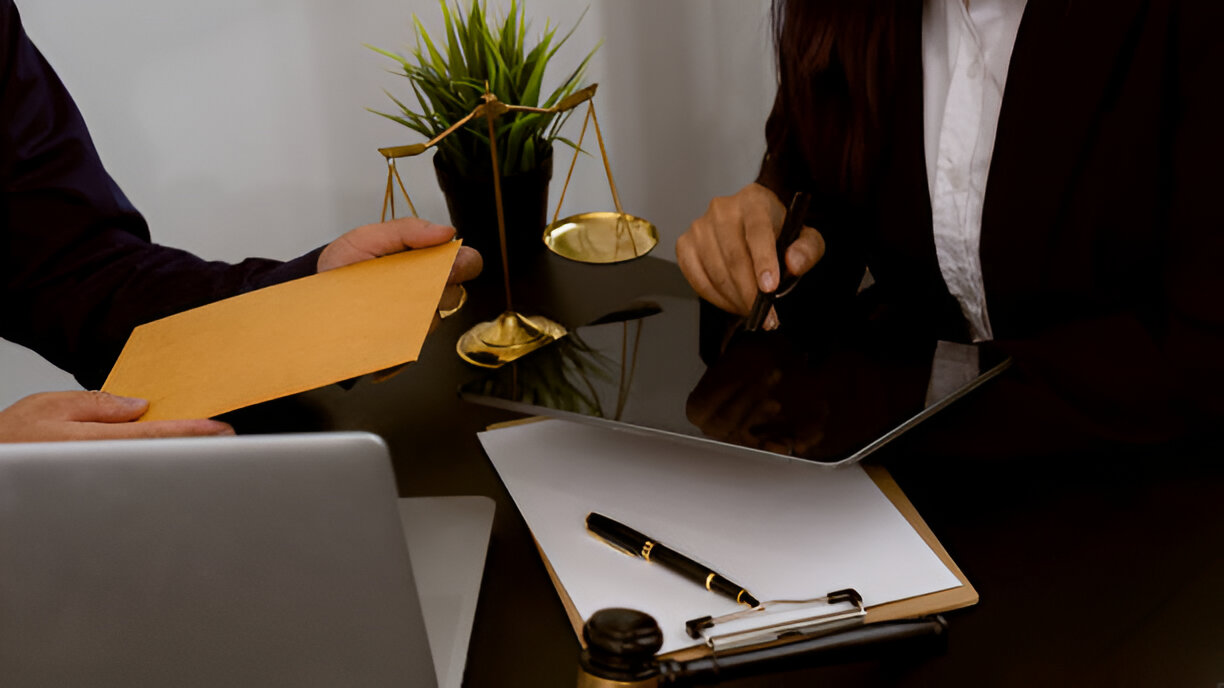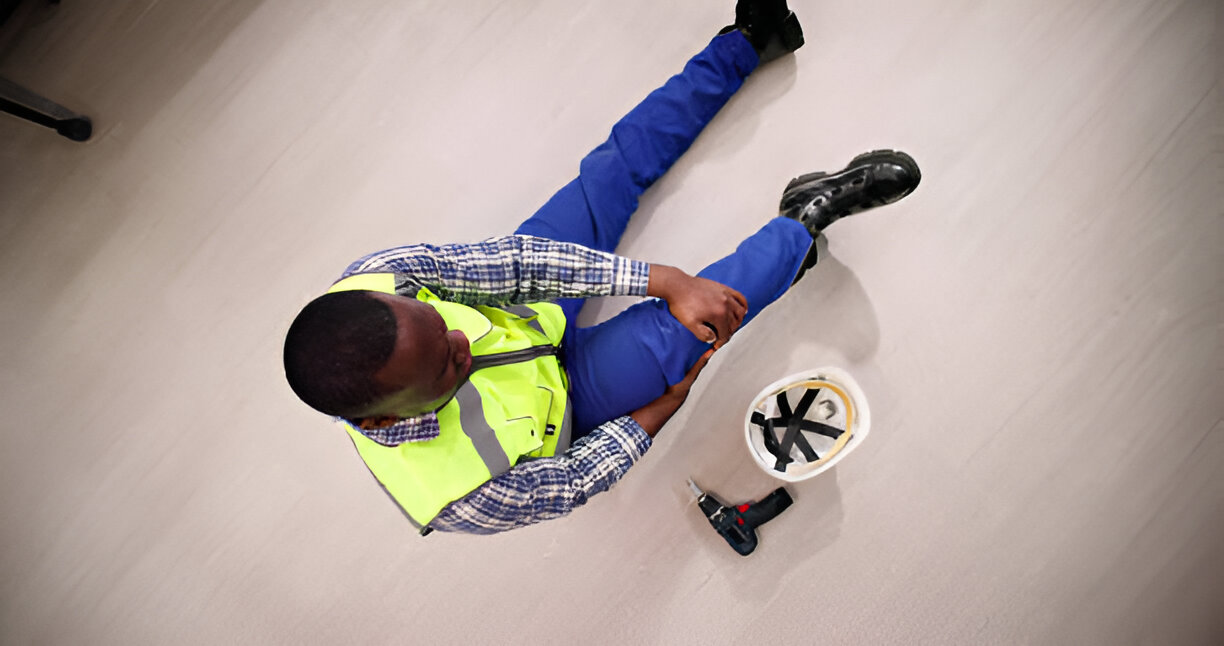Slip-and-fall accidents may sound minor, but for many victims in Denver and across Colorado, these incidents can result in broken bones, traumatic brain injuries, back problems, or long-term disability. Beyond the physical toll, the financial burden of medical bills and lost wages can make recovery even harder.
That’s where premises liability law comes in. Colorado law recognizes that property owners—whether they are landlords, businesses, or public institutions—must maintain their premises in a reasonably safe condition. If they fail to do so, they can be held liable for injuries that occur as a result of their negligence.
At Lampert & Walsh, LLC, our Denver premises liability attorneys have more than 35 years of experience aggressively representing clients in slip-and-fall cases. We know the tactics insurance companies and property owners use to avoid responsibility, and we fight to secure the compensation our clients deserve.
In this article, we’ll explain what premises liability means in Colorado, the circumstances under which a property owner may be held responsible for slip-and-fall accidents, and what steps victims should take to protect their rights.
Understanding Premises Liability in Colorado
Premises liability is the area of personal injury law that governs injuries occurring on someone else’s property due to unsafe conditions. Under Colorado law, property owners owe varying levels of responsibility depending on whether the injured person is:
An invitee – such as a shopper in a grocery store or a diner in a restaurant. Owners owe the highest duty of care to invitees and must actively inspect for hazards and fix or warn about them.
A licensee – such as a social guest at someone’s home. Owners must warn licensees of known hazards but don’t have to inspect constantly.
A trespasser – someone who enters without permission. Owners have limited duties but may still be liable in certain situations, especially involving children (e.g., an attractive nuisance like a swimming pool).
To prove a slip-and-fall claim, injured parties must generally show:
A hazardous condition existed, such as a wet floor, icy sidewalk, uneven pavement, potholes, poor lighting, or debris.
The hazard was not obvious to a reasonable person, and the victim did not assume the risk.
The property owner knew or should have known about the hazard.
The owner failed to act reasonably in removing or warning about the hazard.
Because these elements can be debated, having an experienced slip-and-fall attorney is critical.
Common Causes of Slip-and-Fall Accidents in Denver
Slip-and-fall accidents can happen anywhere—from grocery stores and restaurants to apartment complexes and public sidewalks. Some of the most frequent causes include:
Wet or slippery floors: Spilled drinks, mopped surfaces without warning signs, or ice tracked indoors.
Broken or uneven surfaces: Cracked tiles, potholes in parking lots, or uneven stairs.
Poor lighting: Dark hallways, stairwells, or parking lots where hazards aren’t visible.
Clutter or debris: Items left on walkways, construction materials, or poorly maintained entrances.
Weather-related hazards: Snow and ice that property owners fail to remove within a reasonable timeframe.
In Denver’s climate, icy sidewalks and snowy parking lots are particularly common culprits during winter months.
What Counts as “Reasonable” in Premises Liability Cases?
One of the most challenging aspects of slip-and-fall cases is determining whether a property owner acted “reasonably.” For example:
Did the grocery store have enough time to clean up a spill before the accident occurred?
Did the landlord fail to repair a broken stair step despite repeated complaints?
Did the business owner post clear warning signs in areas where hazards could not be immediately fixed?
Timing often becomes a key factor. A spill that occurs seconds before an accident may not create liability, while one left unattended for hours could clearly indicate negligence.
Comparative Negligence in Colorado Slip-and-Fall Cases
Colorado follows a modified comparative negligence rule. This means:
If you are less than 50% at fault, you can still recover compensation, but your award will be reduced by your percentage of fault.
If you are 50% or more at fault, you cannot recover damages.
For example, if a jury awards $100,000 but determines you were 20% responsible because you were texting while walking, your compensation would be reduced to $80,000.
This makes it even more important to have strong legal representation, since property owners and insurers often argue that victims were careless or inattentive.
Why You Need a Denver Slip-and-Fall Attorney
Many people hesitate to call a lawyer after a slip-and-fall accident, assuming they can handle the claim on their own. But premises liability cases are complex. Insurance companies may argue the hazard was “open and obvious,” or that you should have been paying more attention.
At Lampert & Walsh, LLC, we help clients by:
Evaluating the case – determining liability, the value of damages, and whether evidence supports a claim.
Collecting evidence – gathering photos, medical records, witness statements, and surveillance footage.
Negotiating settlements – pushing back against lowball offers from insurance companies.
Litigating aggressively – going to trial if necessary to secure full and fair compensation.
We also work on a contingency fee basis, meaning you pay no legal fees unless we win your case.
Steps to Take After a Slip-and-Fall Accident in Denver
If you’ve been injured in a slip-and-fall, your actions immediately after the accident can have a major impact on your case. Here’s what to do:
Seek medical attention immediately – Even if injuries seem minor, symptoms like concussions or internal injuries can worsen later.
Report the incident – Notify the property owner or manager and request a written report.
Document the scene – Take photos of the hazard, your injuries, and any lack of warning signs.
Collect witness information – Names and contact details of anyone who saw the accident.
Preserve evidence – Keep the shoes and clothing you were wearing, and don’t wash them.
Avoid admitting fault – Be cautious about statements you make to owners or insurers.
Contact a lawyer quickly – The sooner an attorney gets involved, the better your chances of preserving evidence and building a strong case.
Compensation Available in Slip-and-Fall Cases
Victims of slip-and-fall accidents in Denver may be entitled to recover damages such as:
Medical expenses – hospital bills, surgeries, physical therapy, prescription medications, and future care.
Lost wages – income missed due to time off work and reduced earning capacity.
Property damage – items broken during the fall (phones, glasses, etc.).
Pain and suffering – physical pain, emotional distress, and diminished quality of life.
Each case is unique, and the value depends on the severity of the injuries, the degree of negligence, and the impact on the victim’s daily life.
Lampert & Walsh: Aggressive Representation for Denver Slip-and-Fall Victims
Since 1979, Lampert & Walsh, LLC has built a reputation as one of Denver’s leading personal injury firms. We’ve taken on tough premises liability cases and fought insurance companies head-on, often winning substantial settlements and verdicts for our clients.
Our attorneys don’t shy away from trial if necessary. We believe every client deserves respect, diligent representation, and fair compensation for injuries caused by negligent property owners.
Conclusion
Slip-and-fall accidents may happen in seconds, but their consequences can last for years. Property owners in Denver have a legal duty to keep their premises safe, and when they fail, victims have the right to hold them accountable.
If you’ve been injured in a slip-and-fall accident, don’t face the insurance companies alone. At Lampert & Walsh, LLC, our experienced premises liability attorneys will investigate your case, protect your rights, and fight to recover the compensation you deserve.
Contact Lampert & Walsh online today for a free consultation and let us help you on the road to recovery.
FAQs About Slip-and-Fall Liability in Denver
How long do I have to file a slip-and-fall claim in Colorado?
In most cases, the statute of limitations is two years from the date of the accident. However, deadlines may vary depending on the circumstances.
What if I was partially at fault for my slip-and-fall accident?
You may still recover damages under Colorado’s modified comparative negligence law, as long as you were less than 50% at fault.
Can I sue a government entity for a slip-and-fall?
Yes, but strict rules and shorter deadlines apply. Claims against government entities must be filed within 180 days in many cases.
What evidence is most important in a slip-and-fall case?
Photos of the hazard, witness statements, medical records, and documentation of your injuries are all critical.
Do I need a lawyer if the insurance company offers me a settlement?
Yes. Insurance companies often make low offers. An attorney can evaluate whether the settlement covers your current and future expenses and negotiate on your behalf.




